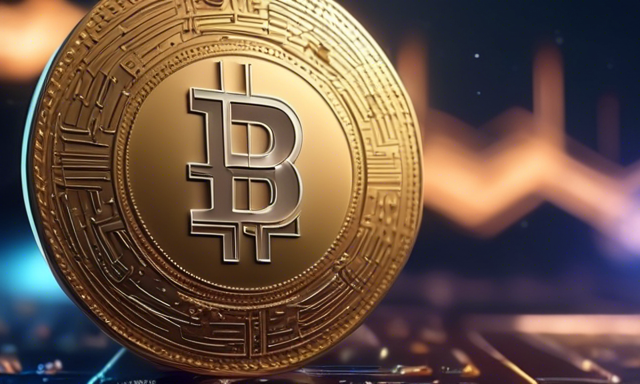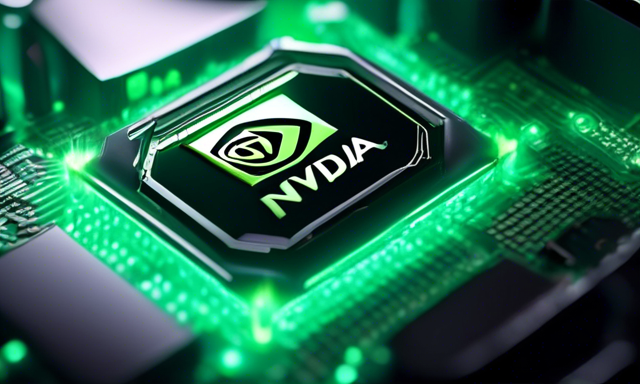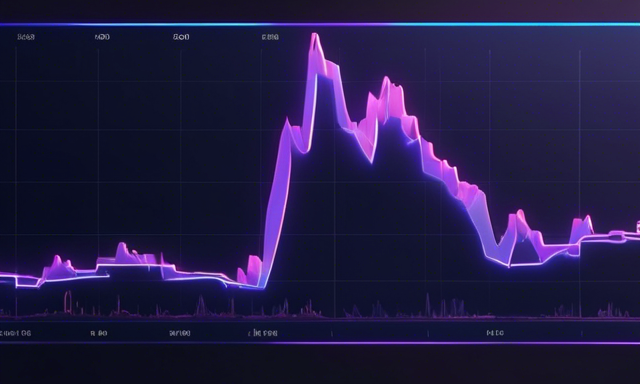Cardano Achieves Decentralization Milestone with Chang Hard Fork
Cardano, the blockchain platform established by Ethereum co-founder Charles Hoskinson, reached a significant milestone with the successful implementation of the Chang hard fork on September 1, 2024. This upgrade symbolizes the commencement of a new era for Cardano known as the “Voltaire era,” aiming to transfer control of the $13 billion blockchain to holders of its native ADA token.
Decentralized Governance Unveiled
The Chang hard fork, which occurred at 21:44 UTC at block 10764778, brought on-chain participatory governance to the Cardano ecosystem. This advancement enables any ADA token holder to submit or participate in the voting process for governance actions, fulfilling Cardano’s promise of a decentralized governance model.
- This upgrade introduces on-chain participatory governance to the Cardano ecosystem
- Every ADA holder can now participate in voting for governance actions
- Cardano aims to avoid issues faced by DAOs through a tricameral governance model
Embracing Token-based Governance
Frederik Gregaard, CEO of the Cardano Foundation, underscored the significance of this transition, emphasizing that every ADA holder can contribute to the ecosystem’s evolution. This move positions Cardano as the first major blockchain to implement a token-based governance system on such a large scale.
Key Governance Components
The new governance structure on Cardano introduces delegate representatives (DReps), a constitutional committee, and a new governance role for stake pool operators. These components will be phased in over the next 90 days, with a second upgrade later in the year to complete the transition.
Addressing DAO Challenges
Cardano’s approach to decentralized governance aims to tackle issues faced by Decentralized Autonomous Organizations (DAOs), such as excessive budgets and lack of checks and balances. The tricameral model implemented by Cardano ensures that all stakeholders have a voice while maintaining necessary checks and balances.
- Cardano introduced delegate representatives (DReps) and a constitutional committee
- The new governance system will involve stakeholders in decision-making
- Decentralization may make Cardano more appealing for DeFi institutions
Challenges and Optimism
Transitioning to decentralized governance presents challenges for Cardano, including engaging thousands of ADA token holders in the governance process and overcoming technical issues like the Unspent Transaction Output (UTXO) problem. Despite these obstacles, the Cardano community remains optimistic about the potential of the upgrade.
Looking towards the Future
In a video statement, Charles Hoskinson expressed optimism about the growth of the ecosystem, highlighting the significance of the community’s involvement in shaping the future of the protocol. The move towards decentralized governance represents a pivotal moment for Cardano and its community.
Hot Take: Embracing Decentralized Governance for Cardano
Cardano’s successful implementation of the Chang hard fork signifies a significant step towards decentralized governance. With ADA token holders now able to participate in decision-making processes, Cardano is paving the way for a new era of community-driven blockchain governance. Despite challenges, the transition holds promise for a more inclusive and transparent ecosystem.
[Cardano Foundation on Twitter](https://twitter.com/Cardano_CF/status/1830411972460093781?ref_src=twsrc%5Etfw)





 By
By
 By
By

 By
By
 By
By
 By
By